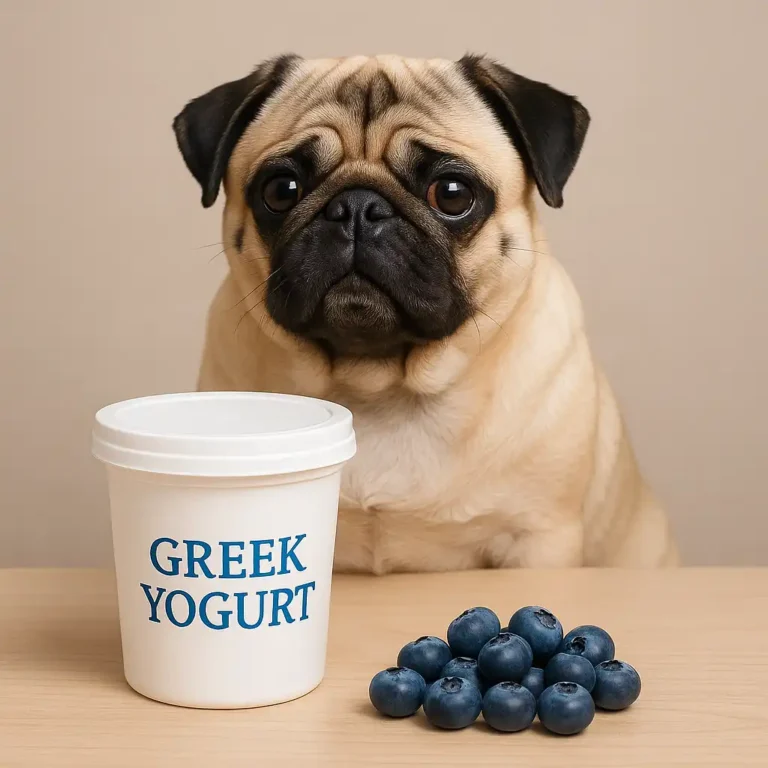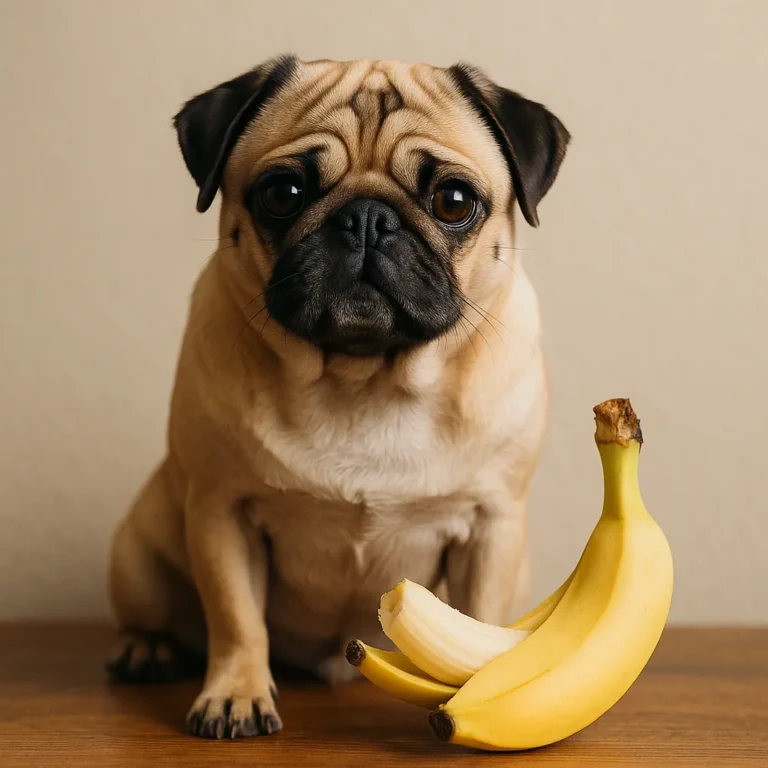Can Dogs Eat Black Beans? A Guide to Safe Feeding

Disclosure: This post contains affiliate links. As an Amazon Associate, I earn from qualifying purchases—at no extra cost to you.
As dog owners, it’s natural to want to share a variety of foods with our furry companions. However, not all human foods are safe for dogs, and some can even be harmful. One food that often comes into question is black beans. These small legumes are packed with nutrients, but is it safe to offer them to your dog? Let’s take a closer look at whether black beans are a good addition to your dog’s diet.
Are Black Beans Safe for Dogs?
Like other beans, black beans can be a healthy and nutritious treat for dogs in moderation. They are high in fiber and protein, both of which contribute to a dog’s overall health. The fiber helps support digestive health, while protein is essential for muscle development and overall strength. Additionally, black beans contain vitamins and minerals such as folate, iron, and magnesium, which contribute to a well-rounded diet.
However, there are a few things to keep in mind before offering black beans to your dog. Although beans themselves are not toxic to dogs, they can cause digestive upset if fed in large quantities. Beans are high in fiber and can lead to bloating, gas, and even diarrhea if your dog is not accustomed to eating them. Therefore, it’s crucial to start with small amounts and gradually increase the quantity if your dog tolerates them well.
How to Safely Feed Black Beans to Dogs
If you decide to include black beans in your dog’s diet, make sure they are prepared properly. Raw or undercooked beans can be harmful to dogs, as they contain toxins that can lead to nausea, vomiting, or more severe symptoms. Always cook black beans thoroughly before offering them to your dog. It’s best to serve them plain, without added salt, seasoning, or spices, which can be harmful to dogs.
Additionally, avoid canned black beans as they may contain added preservatives, sodium, or other chemicals that are not suitable for your dog’s diet. Cooking black beans from scratch and offering them in small, manageable portions will ensure that they are a safe and healthy treat.
As with any new food, it’s important to monitor your dog’s reaction after introducing black beans. Watch for any signs of allergies, such as itching, swelling, or digestive distress. If you notice any adverse reactions, stop feeding black beans and consult your vet for guidance.
Potential Health Benefits of Black Beans for Dogs
When given in moderation and prepared properly, black beans can provide several health benefits for your dog. Here are some of the key advantages:
- Rich in Protein: Black beans are a great plant-based protein source, which is essential for your dog’s growth and energy levels.
- High in Fiber: Fiber helps regulate your dog’s digestive system and promotes healthy bowel movements.
- Packed with Nutrients: Black beans contain vitamins and minerals that support overall health, including folate, iron, and magnesium, which are important for bone health, energy production, and immune function.
However, remember that while black beans can offer these benefits, they should not be a primary part of your dog’s diet. Dogs are obligate carnivores, meaning that meat should remain the primary protein source in their diet.
Conclusion
In moderation, black beans can be a safe and healthy treat for most dogs. They offer valuable nutrients like protein and fiber, which contribute to your dog’s overall well-being. However, due to their high fiber content, they should be served in small portions to avoid any digestive issues. Always cook black beans thoroughly and avoid adding seasonings or preservatives. If you’re ever unsure about whether to introduce a new food into your dog’s diet, it’s always a good idea to consult with your vet.






